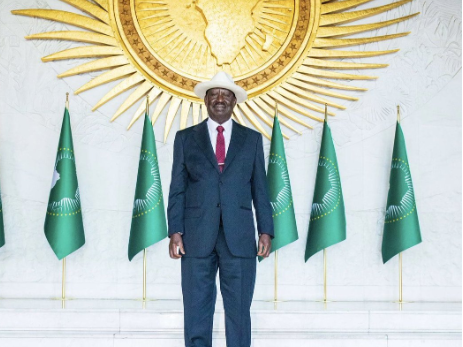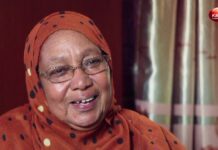A candidate for the African Union Commission chairmanship has to garner the support of at least 33 nations to clinch the seat.
The election can take up to three rounds if the threshold is not realized in the first round of voting.
In the first round – usually by secret ballot – all the candidates are on the ballot.
If no candidate secures the required 33 votes out of the 48 participating member states by the third round, the next ballot is restricted to the top two candidates.
If no candidate achieves the required thirds after three rounds, the candidate with fewer votes would be compelled to withdraw.
The remaining candidate has to secure the required majority lest the election be suspended and the deputy chairperson assumes interim leadership.
In the election for AUC chairperson, the balloting continues until one candidate obtains the two-thirds majority.
Where there are only two candidates and neither of them obtains the two-thirds, the candidate with fewer votes shall withdraw.
Where there is only one candidate and the individual fails to get the two-thirds at the end of round three, the chairperson shall suspend voting.
In such a case, the deputy chairperson shall take over the chairmanship of the commission until new elections are held.
If the stalemate is in respect of the deputy chairperson, the most senior commissioner shall be designated to act until new elections are held.
In 2017, Kenya’s Amina Mohamed garnered 16 votes in the first round against Moussa Faki’s 14. The remaining votes were split among the other candidates.
Faki was elected in the seventh round with 38 votes, surpassing the required threshold.
Kenya struggled to secure support from its EAC neighbours among them Tanzania, Uganda and Burundi.
This year, seven countries will not take part in the vote after their suspension for lack of constitutional order. They are Burkina Faso, Chad, Gabon, Guinea, Mali, Sudan and Niger.



















